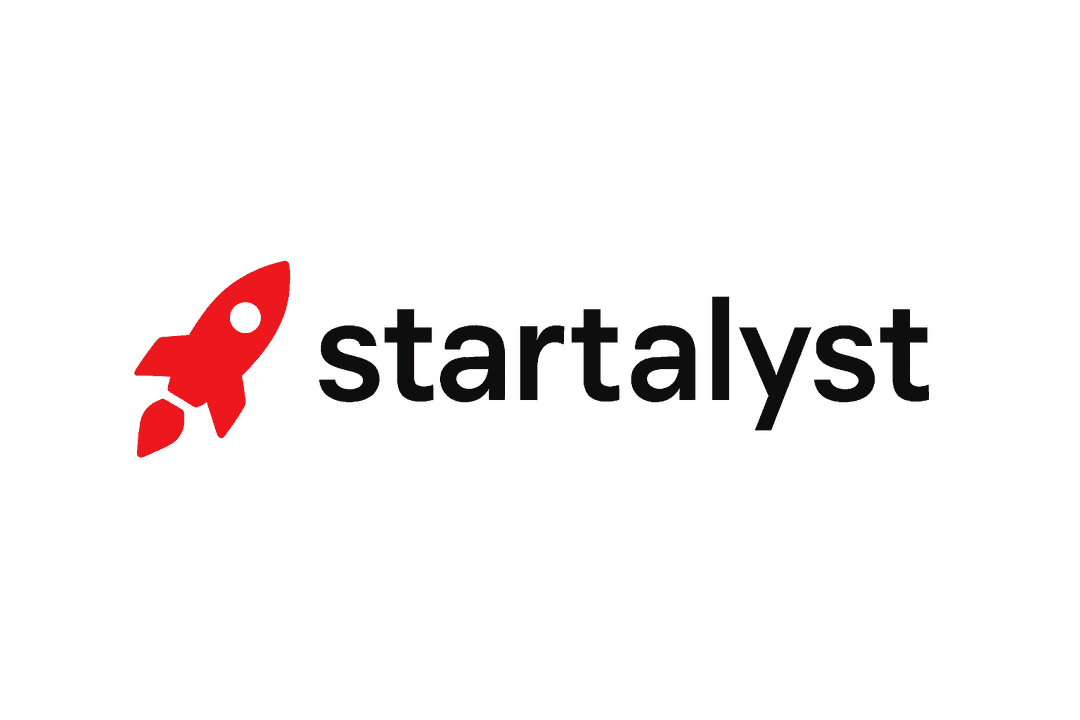Eco Friendly Business Ideas Starter Guide
How to Get the Best Results
Start by matching what you already know and what you enjoy to specific eco friendly business ideas rather than trying to cover everything at once. Narrowing to a niche — for example zero waste personal care, urban composting services, or energy-efficient retrofits — makes validation faster and cheaper.
Run small experiments in local channels such as farmers markets, community centers, and targeted social media groups, and measure simple metrics like leads, repeat customers, and unit economics. Iterate offers based on real feedback and scale the most profitable, low-impact parts first.
Step 1 — Who are you?
Pick the background that most resembles your experience so the generator suggests realistic ideas you can execute quickly.
- Corporate sustainability manager — strategy — You can build consulting packages that reduce client energy bills and generate steady retainer revenue.
- Teacher — workshop facilitation — You can run paid community classes on composting and sustainable living with low setup costs.
- Carpenter — craftsmanship — You can create upcycled furniture and sell direct to neighbors or through local boutiques.
- Graphic designer — branding — You can design eco friendly product labels and websites that command higher prices for sustainable goods.
- Chef — product development — You can launch a line of zero waste pantry items or meal kits using seasonal ingredients.
- Urban gardener — horticulture — You can offer subscription edible-microgreen boxes to nearby offices and households.
- Mechanical engineer — prototyping — You can develop low-energy devices like passive solar cookers and prototype them for grants.
Step 2 — Add interests & skills
Select interests and skills that make specific eco friendly business ideas viable for you.
- Permaculture design You can design resilient food systems for clients or sell landscape plans that reduce irrigation and chemical use.
- Upcycling You can convert waste materials into saleable goods and position them as story-driven, sustainable products.
- Composting knowledge You can start neighborhood pickup services or sell finished compost to small farms and gardeners.
- Social media marketing You can drive preorders and test product-market fit quickly through paid ads and organic content.
- Basic web development You can launch a low-cost storefront and handle online sales without outsourcing.
- Ecommerce operations You can manage inventory and fulfillment to sell refillable goods at scale.
- Packaging design You can create minimal, recyclable packaging that reduces shipping costs and attracts green buyers.
- Energy auditing You can offer home or small business audits and monetize follow-up retrofit projects.
- Grant writing You can secure local funding for community-scale environmental projects and pilot programs.
- Workshop facilitation You can monetize hands-on classes that convert attendees into recurring customers.
- Retail sales You can launch pop-up shops or market stalls to validate product demand face to face.
- Seed saving You can create region-specific seed bundles for gardeners focused on resilience and biodiversity.
- Local partnerships You can collaborate with NGOs and co-ops to expand reach and lower customer acquisition costs.
- Sourcing sustainable materials You can guarantee product authenticity and build trust with eco-conscious buyers.
- Customer service You can retain subscribers to refill programs through strong communication and predictable delivery.
Step 3 — Set available capital
Choose the budget that best matches what you can invest today; each band points to feasible eco friendly business ideas and first steps.
- ≤$200 You can validate digital products, preorders, and micro services like home consultations or downloadable guides without large inventory costs.
- $200–$1000 You can buy initial materials, attend a weekend market, or build a basic Shopify store to test a physical product line.
- $1000+ You can invest in small-scale production, equipment for composting or manufacturing, certification costs, and paid marketing to accelerate growth.
Step 4 — Choose weekly hours
Be honest about the weekly time you can commit so the generator matches ideas to your reality.
- 5–10 hours You can manage a side hustle like curated kits, digital courses, or a subscription newsletter with lightweight operations.
- 10–20 hours You can run weekend market stalls, local consulting, or a small online shop with reliable fulfillment.
- 20+ hours You can scale to production, hire part-time help, and pursue partnerships and wholesale accounts.
Interpreting your results
- Look for ideas that align with more than one of your strengths; overlap between skills, interest, and available capital signals fast wins.
- Prioritize experiments that deliver clear feedback within 4–8 weeks, such as preorders, paid workshops, or pilot services in a neighborhood.
- Track three simple metrics: customer acquisition cost, gross margin per unit, and repeat purchase rate, and iterate the offer rather than the entire concept.
- Use local channels first — community markets, bulletin boards, and partnerships with eco groups — to keep CAC low and gather testimonials.
- Delay expensive certifications until you validate demand, but document your environmental claims so you can add them as a trust signal later.
- When a concept shows steady margins, reinvest in packaging, efficient logistics, and a small digital ad test to expand reach.
Run the generator above with different combinations of background, skills, capital, and hours to produce tailored eco friendly business ideas and short action plans you can test this month.
